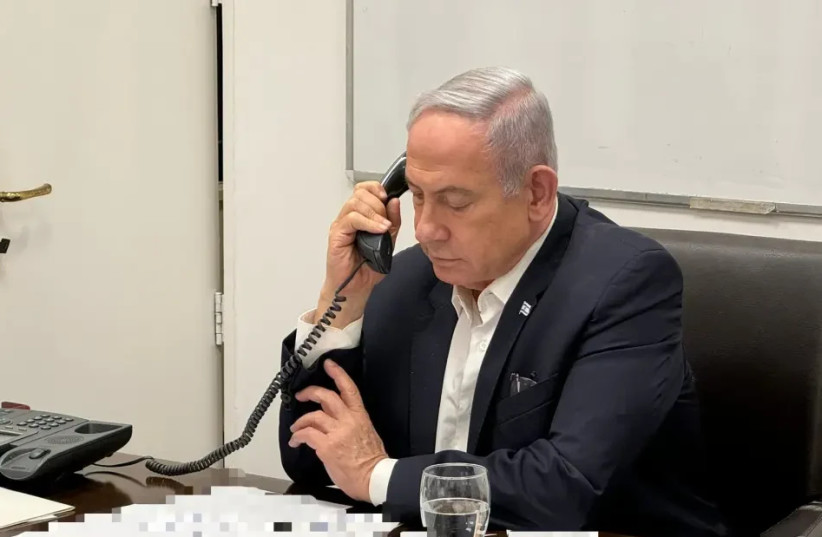Biden attempts to balance Israeli relations and remain relevant for upcoming elections
The administration of President Joe Biden is pressuring Israel and the mediators, Egypt and Qatar, to agree on a ceasefire in Gaza because it sees it as a strategic key to achieving the immediate and long-term goals of the United States.
The Biden administration believes that a ceasefire will allow the release of the most vulnerable hostages, promote the formation of a governing alternative to Hamas that will distance it from Gaza, end the conflict on the border with Lebanon, allow the American mediator, Amos Hochstein, to renew his efforts to achieve a solution that will keep Hezbollah away from Israel’s border, and will promote normalization between Israel and Saudi Arabia, which will complete a powerful military and political axis against Iran and its affiliates.
In addition, a ceasefire may reduce the severe riots on American college campuses, which are hurting Biden’s election campaign. Recently, Biden has taken several contradictory moves and eliminated almost all pressure levers on Yahya Sinwar.
The Biden administration is the cause of the delay in Rafah, threatened to limit the supply of weapons to Israel, considered whether to impose sanctions on an IDF unit, damaged the international legitimacy of the war on Hamas, and frequently expressed unwarranted criticism that Israel does not transfer enough humanitarian aid to Gaza.
In addition, the administration did not do enough to condemn and act firmly against the anti-Semitic riots by Hamas and Palestinians supporters on American campuses and did not sufficiently warn the International Criminal Court in The Hague against issuing arrest warrants against Israeli officials. These moves encouraged Sinwar to believe that time was working in his favor and allowed him to make fun of the United States and the mediating countries.

Will Biden shape up before it’s too late?
The United States, together with Israel, Egypt, and Qatar, formulated an agreement for a ceasefire and the release of the hostages. Israel accepted the deal. Biden and Secretary of State Antony Blinken even defined it as “very generous” on the part of Israel and put all the responsibility for its implementation on Hamas. Blinken said that if Hamas cares about the residents of Gaza, it should accept the agreement. This is a puzzling argument because it has been evident that Sinwar and Hamas do not care at all about the residents of Gaza.
Paradoxically, it was precisely the renewed Israeli threat to operate militarily in Rafah that created leverage for Sinwar. The Biden administration told Sinwar that if he rejected the agreement, Biden would not stop Israeli military action in Rafah. It was also announced that in the event of a rejection, Qatar would consider expelling Hamas’s political leadership from its territory.
Sinwar knows how to maneuver well in these situations. Biden and Israel have created the impression that this is a “take it or leave it” agreement and not as a basis for negotiations.
The protesters and rioters on American campuses are young, Muslim, and “progressive”. They are Democrats and threaten Biden that if he does not stop supporting Israel, they will not vote for him in the November 2024 presidential elections. This is why, until a few days ago, Biden refrained from condemning these students and taking action against them. He did this only last week in the face of their violent campus takeover and out of the fear that it would strengthen Trump, who accuses him of being responsible for chaos on campuses and surrendering to the radical left.
Biden is trying to balance the American attitude towards Israel and the conditions of the upcoming elections. He estimates that a ceasefire, release of hostages, and normalization between Israel and Saudi Arabia will help him in the election process. Biden must see through these events before the elections reach the last round. It is not certain whether this challenging balance interests Sinwar or Netanyahu, but perhaps Biden alone.
Prof. Gilboa is an expert on the United States at Bar-Ilan University and a senior researcher at the Jerusalem Institute for Strategy and Security.




Comments are closed.